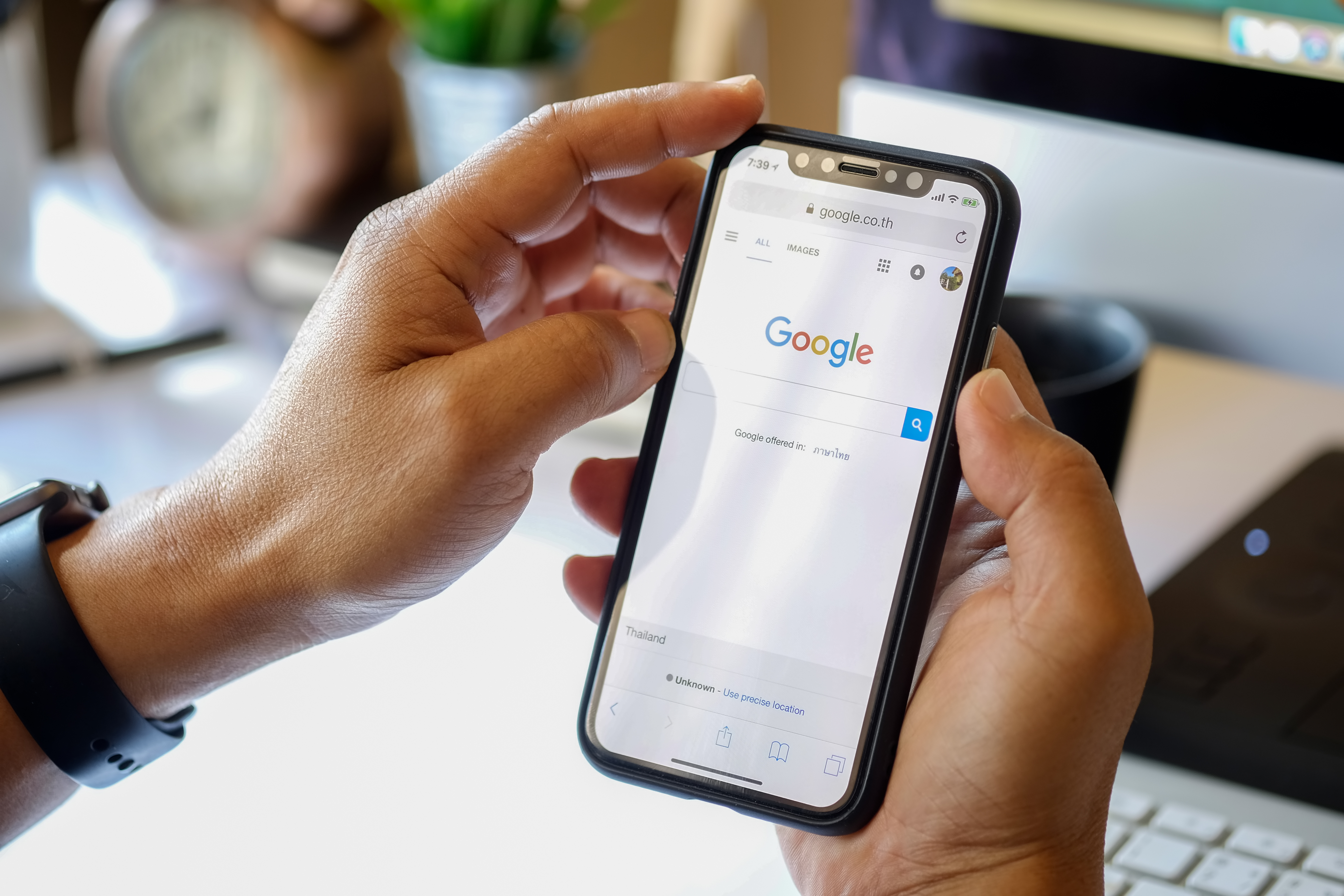Huge iPhone change could impact billions — what you need to know
Apple may replace Google with its own search engine on iPhones, a new report claims

The tools you use to search for information with your iPhone could be in for a change, if a new report is accurate. And that could make for a bumpy transition given Apple's previous track record when it parted ways with Google.
The report comes The Financial Times, which says that Apple is stepping up its efforts to build its own search engine. The move comes as Apple's decision to use Google as the default search engine on the iPhone — and pocket billions in revenue from that agreement — faces greater regulatory scrutiny.
- See our full iPhone 12 review
- iPhone 12 mini vs. iPhone 12 vs. iPhone 12 Pro: How they're different
- Plus: iPhone 12 owners can't get 5G on this carrier
You probably don't think about what's fueling searches on your iPhone — you're just happy that the search results show up when you want them. You may be more aware, vaguely, that Apple has used Google's search engine as the default search tool on its phones for years. But the fact that Apple has begun to inject more of its own search tools with the release of iOS 14 likely escaped your notice.
Use the search bar on iOS 14's Today screen or by swiping down on the home screen to search, and the results from your queries now include suggestions from Apple. Google may still provide iPhones with the bulk of their search capabilities, but Apple's own efforts are becoming more apparent.
The Financial Times reports cites that development and connects it with a few other dots to conclude that Apple's getting serious about developing its own search engine. For one, John Giannandrea — formerly the head of search at Google — started working at Apple in 2018. For another, there's the U.S. Department of Justice's lawsuit filed against Google this month that claims the search giant has an illegal monopoly.
Among the items included in the government's complaint against Google is the reported $8 to $12 billion the company pays to Apple each year to act as the default search engine for the Safari browser app.
Should the government make its case against Google, Apple would have to turn elsewhere for a search engine on its phones. And that may as well be in-house, the Financial Times concludes, especially since Apple has its own Applebot web crawler to see what's out there on the web.
Get instant access to breaking news, the hottest reviews, great deals and helpful tips.
In theory, this shouldn't impact end users at all, so long as search results provided by Google, Apple or whomever show up quickly and accurately. But Apple hasn't always succeeded in going its own direction when it comes to software.
Long-time iPhone users will remember when Apple moved away from Google Maps to launch its own mapping software with the 2012 release of iOS 6. The initial launch was riddled with errors, faulty directions and missing map details. Apple issued a public apology, the head of iOS at the time left the company, and subsequent iOS releases have worked to repair Maps' reputation.
As of iOS 14, Maps is one of the better built-in apps on your iPhone, at least in my opinion. But users burned by iOS 6 are likely still using Google Maps as their navigational tool of choice.
It would be an error to assume that history will automatically repeat itself with search, especially since we don't know what Apple's plans are for its own mobile search tools. Still, it's a situation that's worth keeping an eye on, especially as the DOJ's case against Google heats up.
Philip Michaels is a Managing Editor at Tom's Guide. He's been covering personal technology since 1999 and was in the building when Steve Jobs showed off the iPhone for the first time. He's been evaluating smartphones since that first iPhone debuted in 2007, and he's been following phone carriers and smartphone plans since 2015. He has strong opinions about Apple, the Oakland Athletics, old movies and proper butchery techniques. Follow him at @PhilipMichaels.

